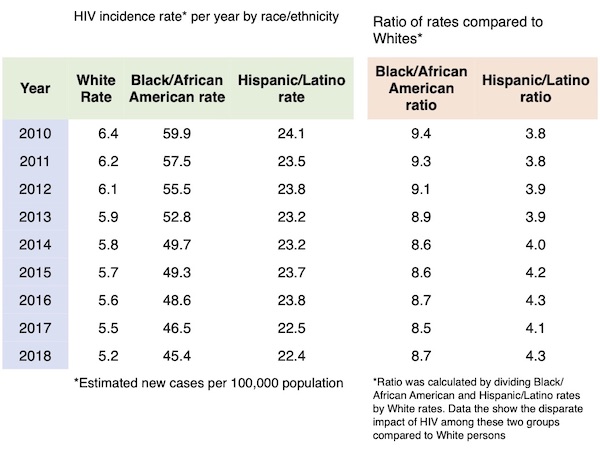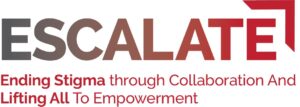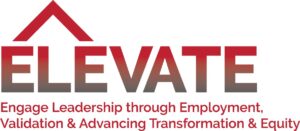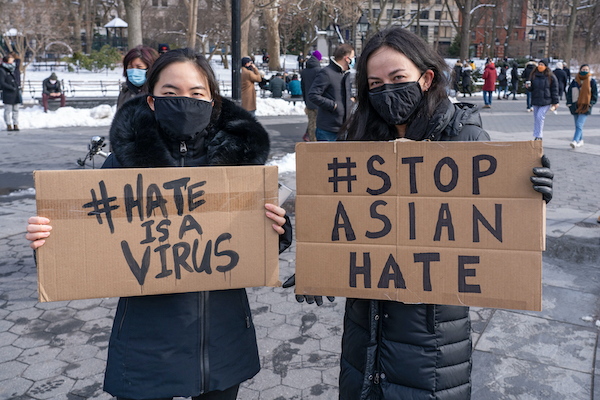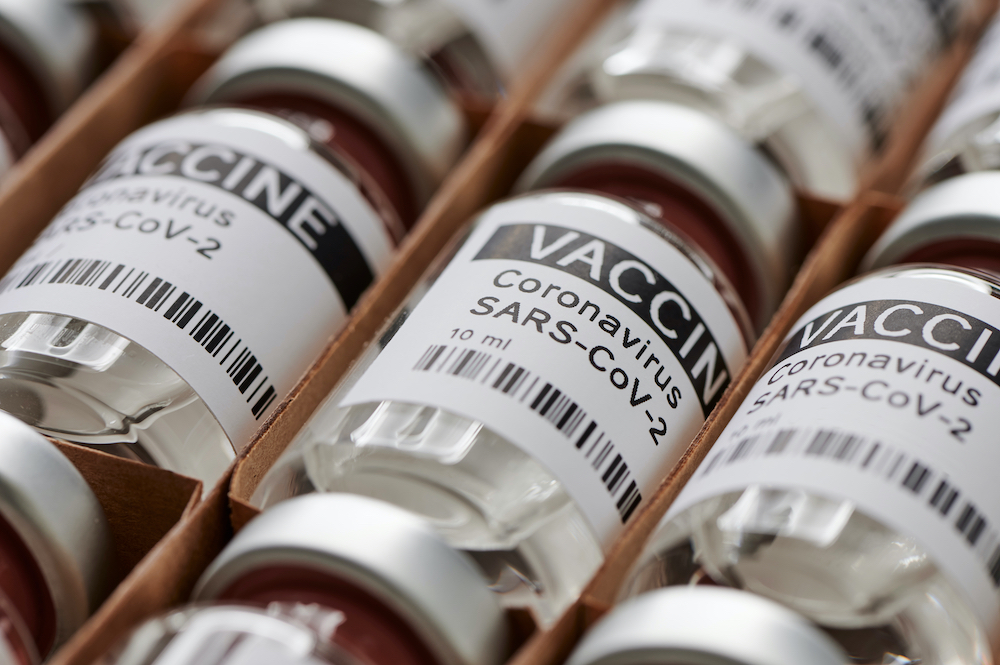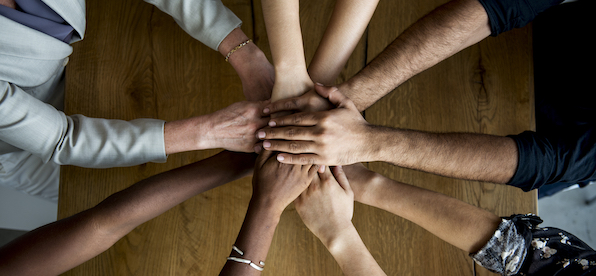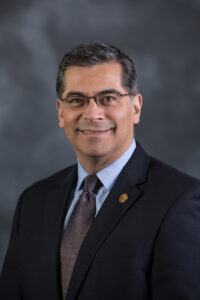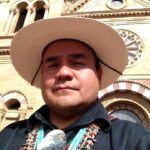 On Saturday, March 20, we recognize National Native American HIV Awareness Day. Many here on the Navajo Nation will be traveling to get weekly or monthly supplies as we “go to town” off the Navajo Nation into “border towns” such as Gallup, N.M. or Flagstaff, AZ. For most of last year, Saturdays were just another extended week of lockdown and social distancing for Navajo people.
On Saturday, March 20, we recognize National Native American HIV Awareness Day. Many here on the Navajo Nation will be traveling to get weekly or monthly supplies as we “go to town” off the Navajo Nation into “border towns” such as Gallup, N.M. or Flagstaff, AZ. For most of last year, Saturdays were just another extended week of lockdown and social distancing for Navajo people.
We have eased up the Navajo government-imposed lock down as we move into getting our COVID-19 inoculation shots at our Indian Health Service (IHS) facilities. Separation seems to be a part of our life now. But for many others on the Navajo Nation and off, separation has existed for much longer. I’m talking about the invisible and sometimes not too invisible social barriers that exist for many of our people living with HIV.
For those on HIV treatment, medicine was supposed to unlock and break down self-imposed barriers to freedom. In many ways, this has happened. But for many, going publicly to get meds at the IHS on a Saturday represents freedom and secrecy while everyone has “gone to town” when pharmacies are uncrowded. I’m talking about the real effects of stigma.
“Stigma is a mark of disgrace associated with a particular circumstance, quality, or person.” Our previous Director of the Center to Eliminate HIV Epidemic, Ace Robinson, wrote in the ESCALATE narrative, stigma is fed by “a lack of knowledge or misconceptions about HIV among People Living with HIV (PLWH), their service providers, and medical professionals, fear, discomfort, prejudice and negative attitudes associated with HIV and specific groups (often connected to other social prejudices such as homophobia, transphobia, racism, stigma about substance use, etc.). At the core, the drivers of stigma are characterized by an essential lack of understanding or knowledge that manifests in prejudice.” Prejudice is stigma’s twin.
In other words, to do better, we must know better.
Here at NMAC, we are creating a new program that will help clients, service providers, and community how to recognize stigma and the tools how to eliminate it. We are creating ESCALATE, which stands for Ending Stigma through Collaboration and Lifting All to Empowerment.
We, as so many in community and HIV agencies, recognize that stigma is the barrier that limits access to HIV care for patients and family care within families. Living silently alone within a crowd of family creates a poor image of self that further creates a never-ending cycle of stigma and prejudice. Some PLWH then believe that they shouldn’t deserve more or are worth less. Each experience with stigma begins to slowly erase the true individual when caring for oneself and becomes yet another hurdle to overcome to self-care. Enter ESCALATE.
ESCALATE has been designed with three components in mind that will help participants access tools for self-efficacy: Individual training for community members and leaders, Technical Assistance, and Learning Collaborates for Organizational training. Training will help answer these questions: What is stigma? How to recognize it within self and in communities. What tools can you learn to begin eliminating it in your communities? What will you do once you get back into your community and health facility? All three are designed to work together to train those who access health care with those who provide health care, to create a world without stigma.
That’s the goal. It’s not a just noble goal, but a mandatory goal that recognizes the true worth of our family and community members.
Currently, we Native people are under social distancing and waiting for the time for grandma to freely welcome back her family members. Isn’t it time to welcome back family members and those who are living with HIV?
ESCALATE. When we know better, we do better.
ESCALATE is a four-year cooperative agreement funded by the Health Resources and Services Administration HIV/AIDS Bureau. In partnership with HRSA, Abt Associates, NORC, and TRX Development, NMAC will lead trainings for RWHAP providers and grantees to dismantle HIV-related stigma on individual and organizational levels (for more information, visit https://targethiv.org/ta-org/escalate).
Christopher J. Paisano
Navajo Nation – Laguna Pueblo
Coordinator to Indian Country

